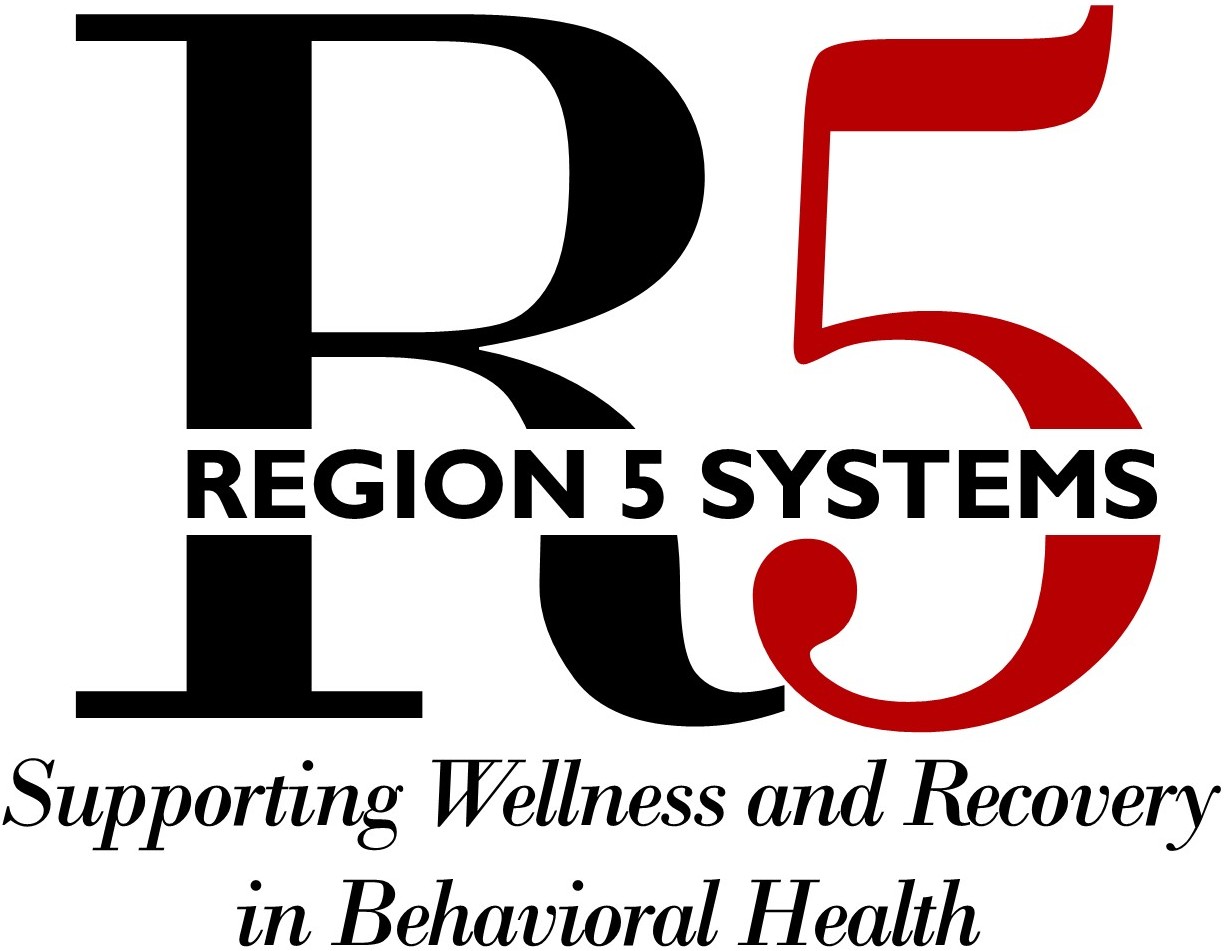
The Rural Transition Age Permanent Housing Program was developed with the focus of serving young adults in our rural communities, which covers the following counties:
Adams County
Butler County
Cass County
Clay County
Fillmore County
Gage County
Hall County
Jefferson County
Johnson County
Lancaster County (NOT the city of Lincoln)
Nemaha County
Nuckolls County
Otoe County
Pawnee County
Polk County
Richardson County
Saline County
Saunders County
Seward County
Thayer County
Webster County
York County
As of January 2020, Nebraska had an estimated 2,404 persons experiencing homelessness on any given day, as reported by Continuums of Care to the U.S. Department of Housing and Urban Development (HUD). Of that total, 202 were family households, and 149 were unaccompanied young adults (aged 18-24). Nebraska public school data, reported to the U.S. Department of Education during the 2018- 2019 school year, shows that an estimated 18,647 public school students experienced homelessness over the course of the year. Of that total, 150 students were unsheltered, 1,082 were in shelters, 366 were in hotels/motels, and 2,777 were doubled up.
The causes of young adults’ homelessness are varied and complex. This population may include runaway minors, abandoned young adults, young adults who were expelled from their homes, or young adults who have aged out of child foster care or have been released from juvenile detention facilities. The Congressional Research Service identified the main risk factors leading to young adult homelessness as family conflict, family dynamics, sexual orientation, gender identity, sexual activity, school problems, pregnancy, and substance use.
Transitional age youth who are homeless often lack the financial, social, and emotional resources needed to be successful living independently. Many have voiced a fear of living independently due to the need to strengthen their daily living skills. Many young adults don’t know where to go for help. Others fear that asking for help will result in a referral to a homeless shelter, which is seen as a high-risk, unpredictable environment, and coupled with other vulnerabilities such as age, developmental level, history, mental health needs, and lack of current support systems, places them at risk.
October 1, 2022
Region 5 Systems began the Rural Transition-age Permanent Housing (RTPH) program which provides scattered-site leased units in the rural areas of Region 5 to young adults, ages 18-24, experiencing homelessness and who have an SPMI (Severe and Persistent Mental Illness), substance use disorder, or other disabling condition as defined by HUD regulations.
Referrals for the program will come through Nebraska Balance of State (BOS) Coordinated Entry (CE) system called the Most Vulnerable Review Team (MVRT). The MVRT utilizes HUD’s CE prioritization system including utilization of an assessment screening tool with our Homeless Management Information System provider. If a young adult is identified as homeless or near homelessness, fleeing from domestic violence, or couch surfing because they do not have a permanent place to live, they can contact one of the Nebraska BOS Public Access Points to be placed on The All Doors Lead Home Coordinated Entry System through the open-door agencies. The All Doors Lead Home Coordinated Entry System is Nebraska’s BOS and the City of Lincoln’s approach to organizing and providing housing services for people experiencing homelessness. Because housing resources are limited, this process is designed to ensure that individuals and families with the highest vulnerability, service needs, and length of homelessness receive top priority in housing placement. For more information or a list of the Public Access Points
Region 5 Systems will operate the RTPH program with a housing first philosophy and offer services to young adults at their choosing. If young adults choose to engage in behavioral health services, we will utilize our Continuum of Care providers or Region 5 Systems’ Network Providers which provide behavioral health services and supports in the rural area.
Maslow’s hierarchy of needs is a theory of psychology explaining human motivation based on the pursuit of different levels of needs. The theory states that humans are motivated to fulfill their needs in a hierarchical order. This order begins with the most basic needs before moving on to more advanced needs. A young adult cannot focus on other areas of their life if they do not first have the basic needs of housing, food, and clothing met.
Housing First is a homeless assistance approach that prioritizes providing permanent housing to people experiencing homelessness, thus ending their homelessness, and serving as a platform from which they can pursue personal goals and improve their quality of life.
Housing First is a philosophy that values flexibility, individualized supports, client choice, and autonomy. It never has been housing only, and it never should be. Supportive services are part of the Housing First model. That might include formal support services, like a doctor, therapist, or social worker.
RTPH will include case management and based on the needs and preferences of the young adult served, may include supportive services such as daily living skills training, support in accessing benefits, referrals for education/vocational and job training, support in accessing health-related, behavioral health, and social services, and/or social skills training. Services not directly provided by the Housing Specialist will be secured through referrals and linkage to community resources. RTPH will incorporate Positive Youth Development (PYD) by increasing the protective factors and positive supports available for vulnerable youth/young adults moving out of homelessness.
What is Positive Youth Development?
Positive Youth Development (PYD) is both a philosophy as well as a programmatic approach for supporting healthy, productive, and engaged youth as they grow into adulthood. The PYD approach rests on the idea that youth with more developmental assets are more likely to enjoy academic success, have greater economic prospects, be more civically engaged, and be healthier in the long term.
PYD programs work with youth to improve their:
- Assets: Youth have the necessary resources and skills to achieve desired outcomes.
- Agency: Youth have the ability to employ their assets and aspirations to make their own decisions about their lives and set their own goals, and to act on those decisions in order to achieve desired outcomes without fear of violence or retribution.
- Enabling environment: Youth are surrounded by an enabling environment that maximizes their assets, agency, access to services and opportunities, and ability to avoid risks, while promoting their social and emotional competence to thrive.
- Contribution: Youth are encouraged, recognized, and able to be involved in and lead through various channels as a source of change for their own and their communities’ positive development.
Minimum Requirements & How to Apply
Those requesting assistance from any of Region 5 Systems’ housing programs need the following at a minimum before they can be considered for assistance:
- Be referred through Nebraska Balance of State (BOS) Coordinated Entry (CE) system.
- Have an SMPI or SUD diagnosis from a service provider within the last 12 months; and
- Be at least 18 years of age (for RTPH).
Benefits for Landlords
- Tenants have at least one contact person in case of an emergency, including a 24-hour contact number.
- Housing Specialists meet with tenants weekly. Most visits are conducted in the home.
- Rental assistance payments are paid monthly by Region 5 Systems directly to the landlord.
- If the tenant qualifies for utility assistance, those bills are paid directly by Region 5 Systems.
- Region 5 Systems supports and helps mediate grievances between the landlord and the tenant.
